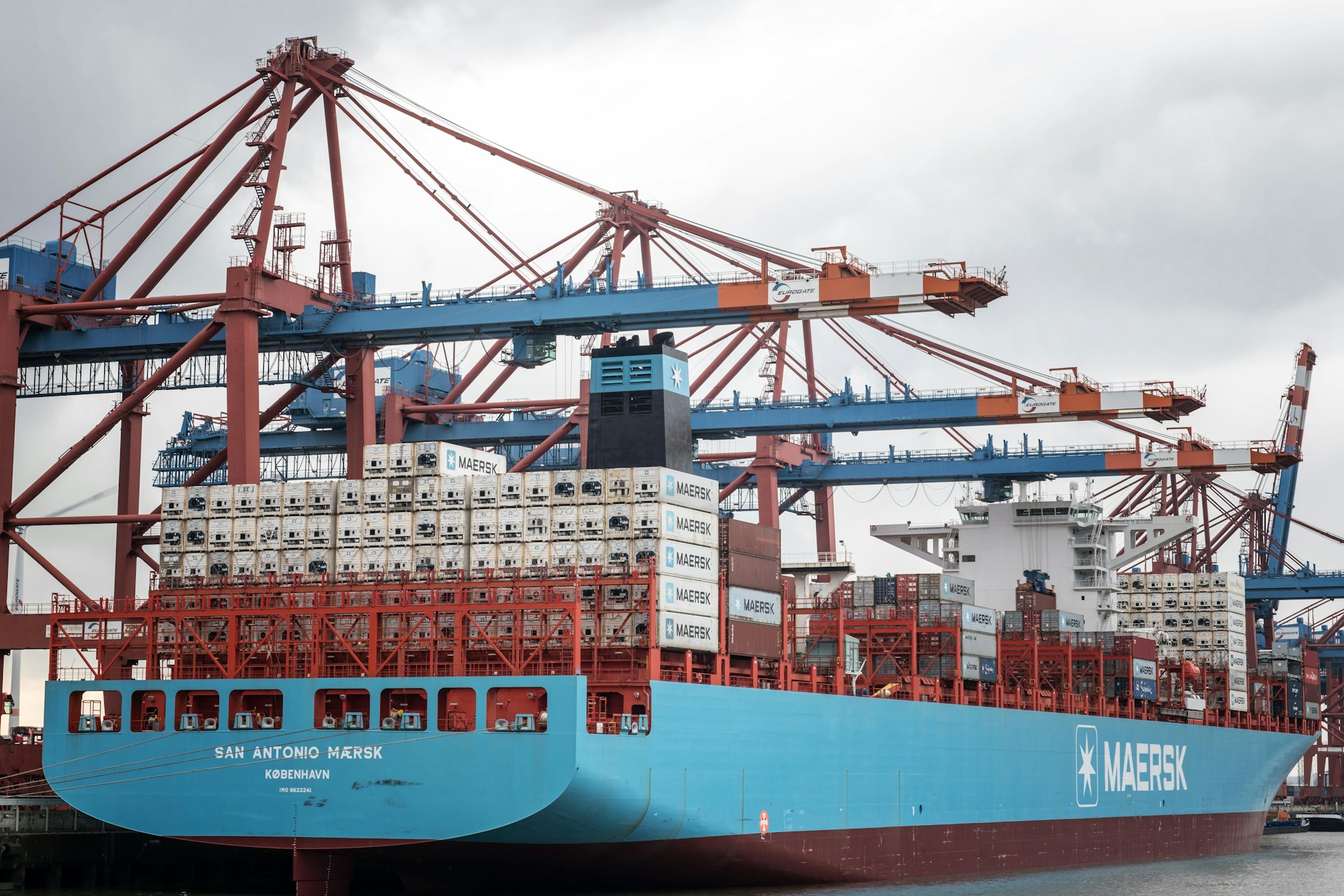Maersk Introduces Shipping Route Between China & Bangladesh

In response to growing trade demands, particularly in the retail sector, Maersk has launched a new ocean shipping route between China and Bangladesh. The new service, named SH3, began operations on July 7, 2024, and has significantly increased capacity on the maritime route between the two nations.
"In this time-sensitive industry, retailers demand timely delivery across the entire supply chain to meet their customers’ fast-changing expectations. The new network accelerates the supply chain and benefits Chinese textile raw materials exporters and garment manufacturers in Bangladesh," stated Wen Bing Lim, regional head of Intra-Asia Market at Maersk.
The SH3 route starts from Shanghai port in China, with stops at Xiamen (China), Kaohsiung (Taiwan), Nansha (China), and Tanjung Pelepas (Malaysia) before reaching Chittagong in Bangladesh.
"The demand for textiles and garments from Bangladesh in the Western markets is constantly growing. Our customers have been demanding more capacity for raw materials coming into Bangladesh and readymade garments getting exported. The redesigned network allows textile manufacturers in Bangladesh to gain flexibility and speed for imports of raw material as well as exports of finished goods, supporting Bangladesh's fast-developing Readymade Garment (RMG) industry," commented Nikhil D’Lima, head of Maersk in Bangladesh.
On its return journey to Shanghai Port, SH3 includes a stop at Tanjung Pelepas, a hub that connects to long-haul routes to Europe. The SH3 service complements existing routes like SH1, SH2, and IA7, which also operate between China and Bangladesh. Maersk has optimized SH1 and SH2 to enhance their offerings further.
According to the Danish carrier, these services expand coverage across China, providing multiple weekly loading options from Shanghai, Nansha, and Ningbo, as well as more direct shipping choices to Bangladesh. This variety in transit times and frequencies offers customers additional capacity, flexibility, and efficiency in managing their supply chains, noted Maersk.